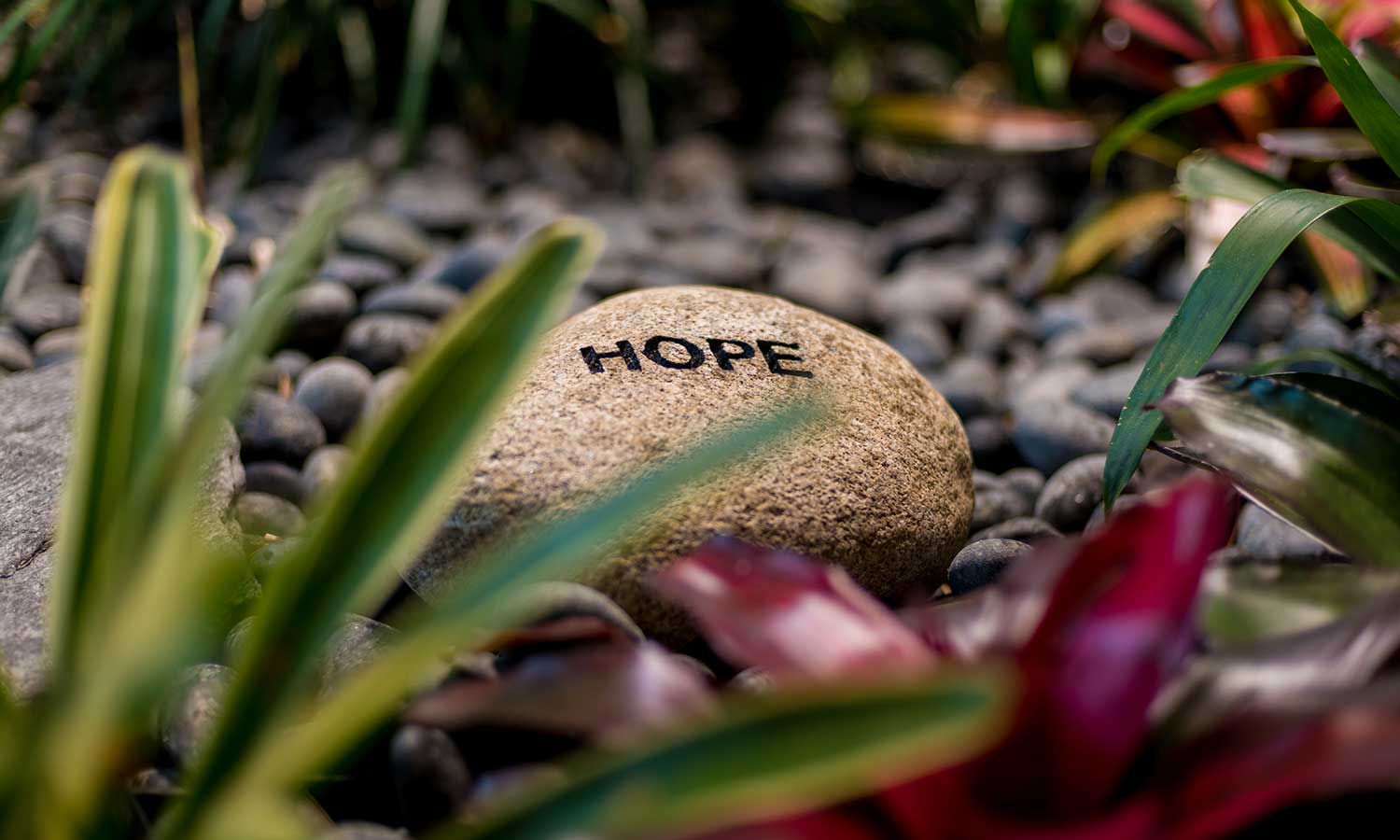It takes a village to help someone with cancer fight their disease. Doctors and nurses are critical, of course. Family members and friends step up to ease travel arrangements to clinic and chemotherapy appointments, provide meals and run errands. Employers offer flexibility and coworkers fill in.
But as sisters Peni Garber and Laura Garber Schifferdecker wondered when Laura was diagnosed with ovarian cancer: What happens if you don’t have that village of support?
That’s why they established the Garber Family Patient Assistance Fund in Laura’s honor at Dana-Farber.
“I said to Peni at some point early on in my treatment, ‘I can’t even imagine doing this alone,’” says Laura. “I feel for people who have to manage this on their own or with very little help if they financially can’t afford it.”
“Laura would say that she could just focus on her health,” thanks to all the logistical support she was getting from those around her, says Peni. Stress can affect everyone’s bodies and their ability to heal. And the sisters knew that the stress of being treated for cancer was enough to bear on its own without the added burden that a lack of resources or support would bring. The importance of their giving was especially clear during the COVID-19 pandemic, when it became increasingly difficult for people to call on their neighbors and family members for help.
“People now better recognize the disparities between those who have access to family and financial resources and those who don’t. It puts you at a significant disadvantage. It puts you at a disadvantage in your ability to get beyond your diagnosis and to get well,” says Peni.
The sisters’ gifts in support of the Patient and Family Assistance Program help cancer patients stay on their treatment schedules so that they can have the best possible outcomes. It saves them from having to make tough choices between cab fare or food on the table. It provides money for transportation to clinic appointments, a stay in a hotel if the patient is coming from out of town, rent and food when needed if the patient is working fewer hours or not working at all—and much more.
“Our feeling was: if we can make someone’s life at such a low point just a little bit better, that’s really worth it,” says Peni. “Writing that check will impact other people’s ability to fight their disease. By helping with the logistics, we are giving them the ability to just step back and breathe.”
“We are so grateful for the village Laura had during her treatment, and we want other patients in need to feel supported as well,” says Peni. “We always make big decisions together. So it has meant a lot, making this gift together.”



